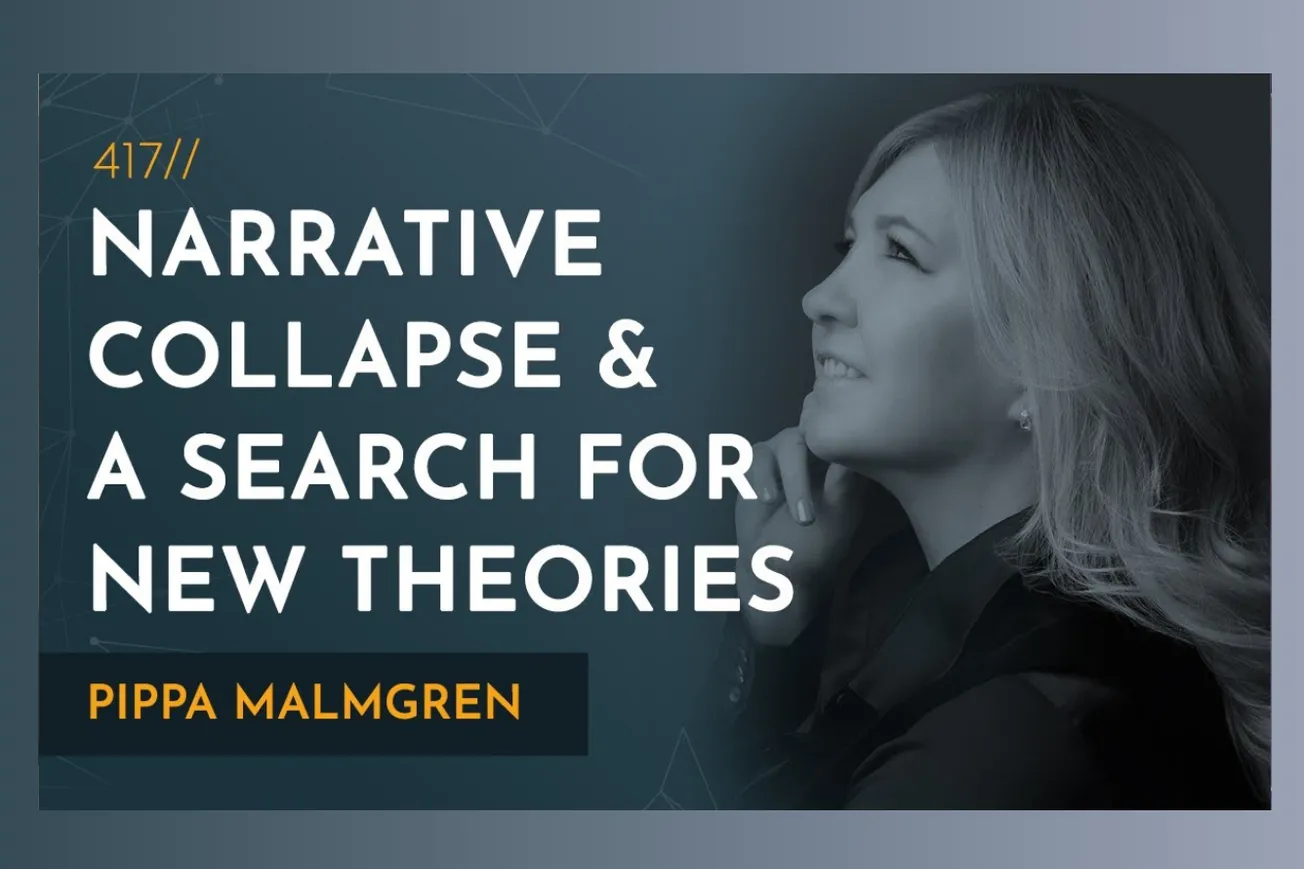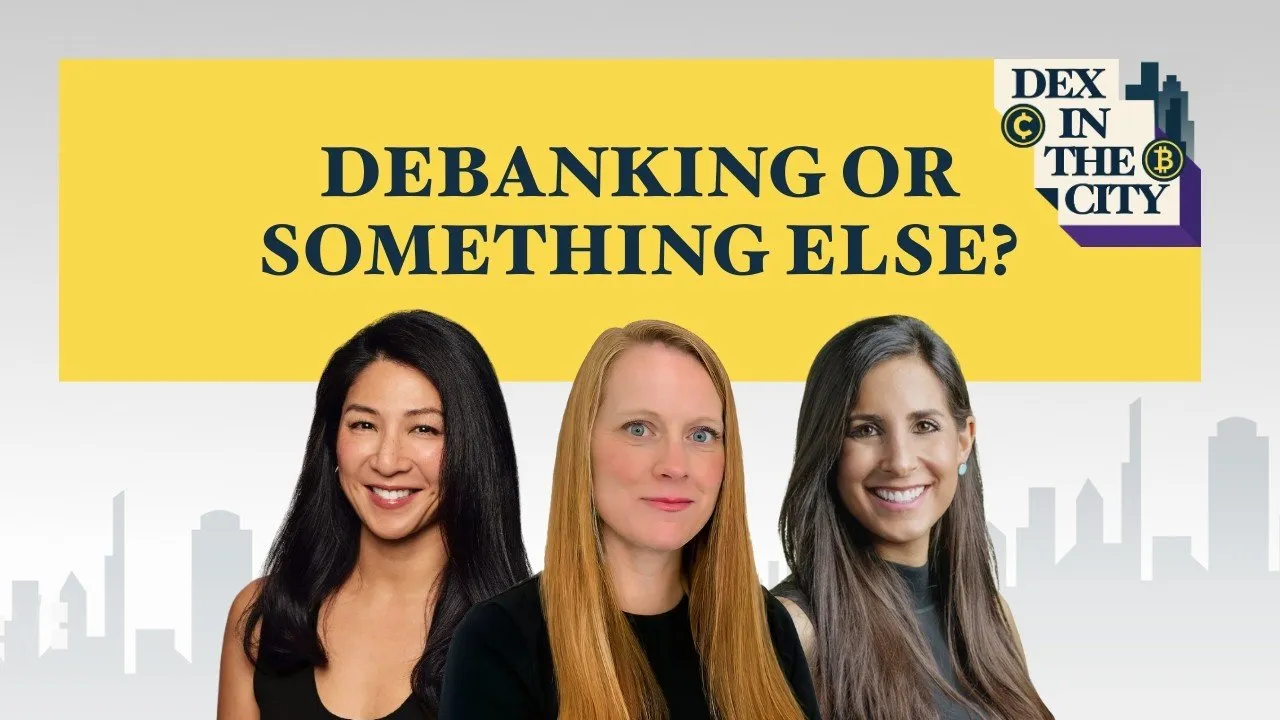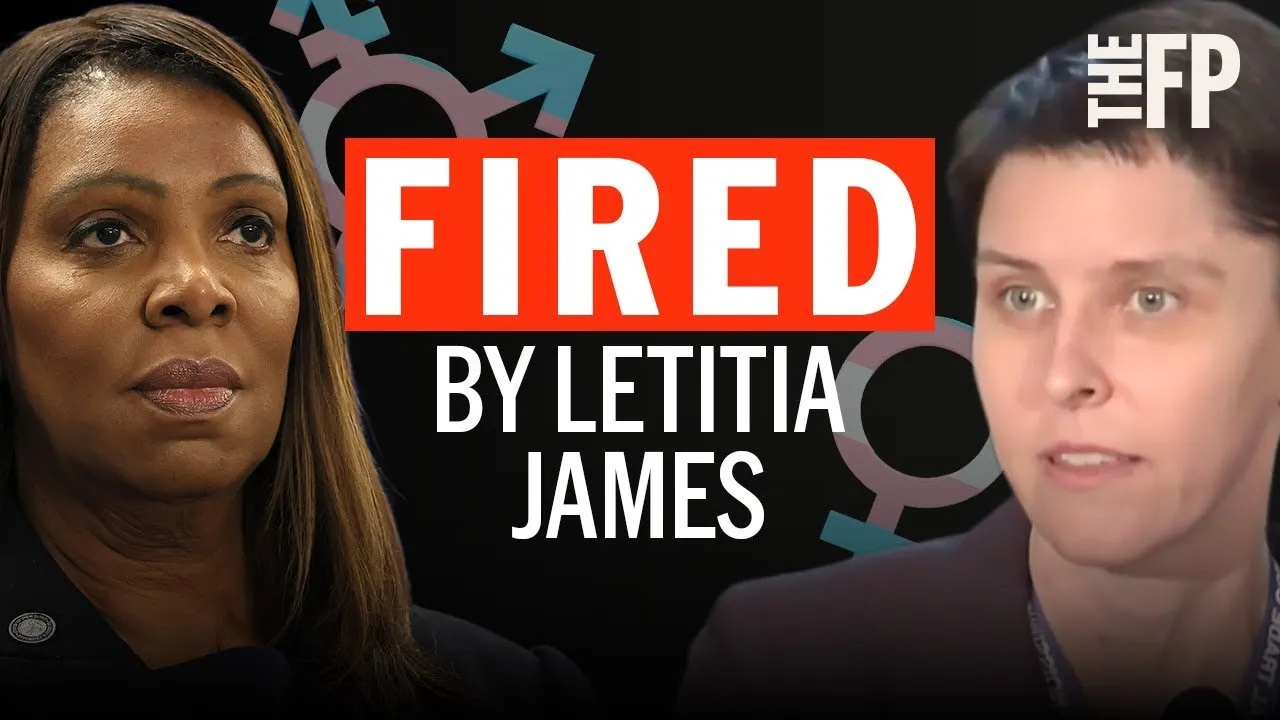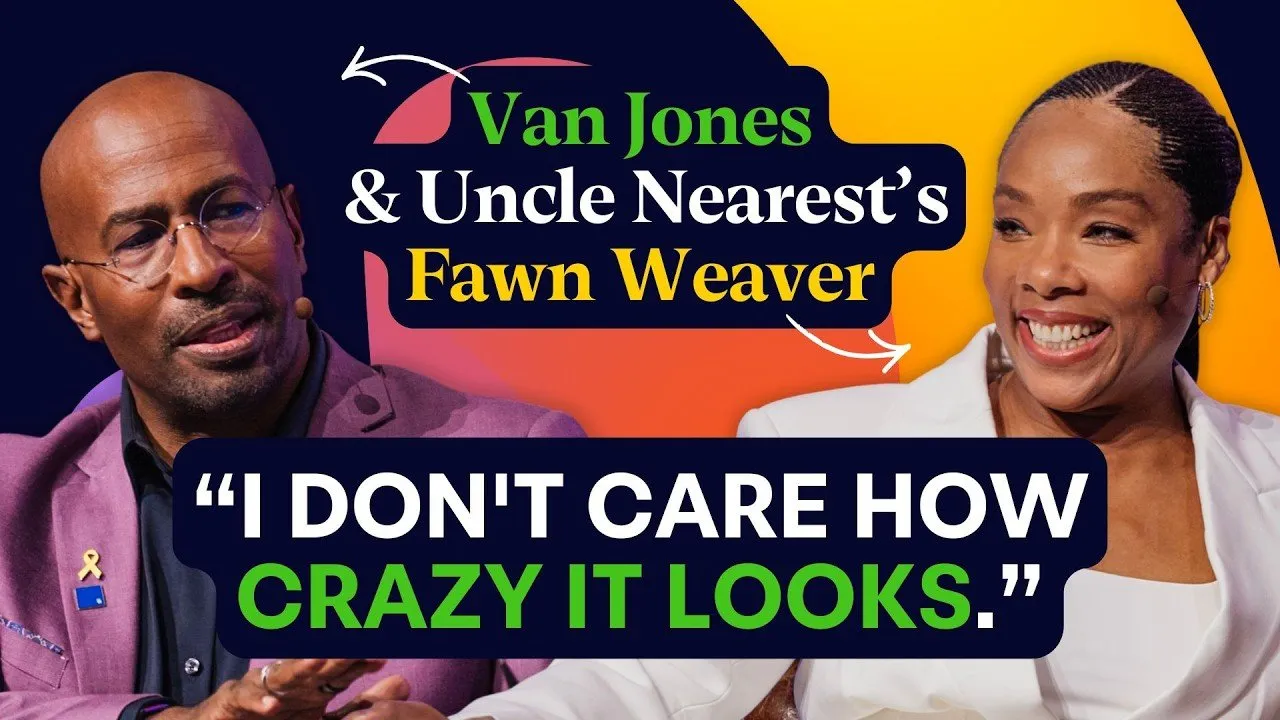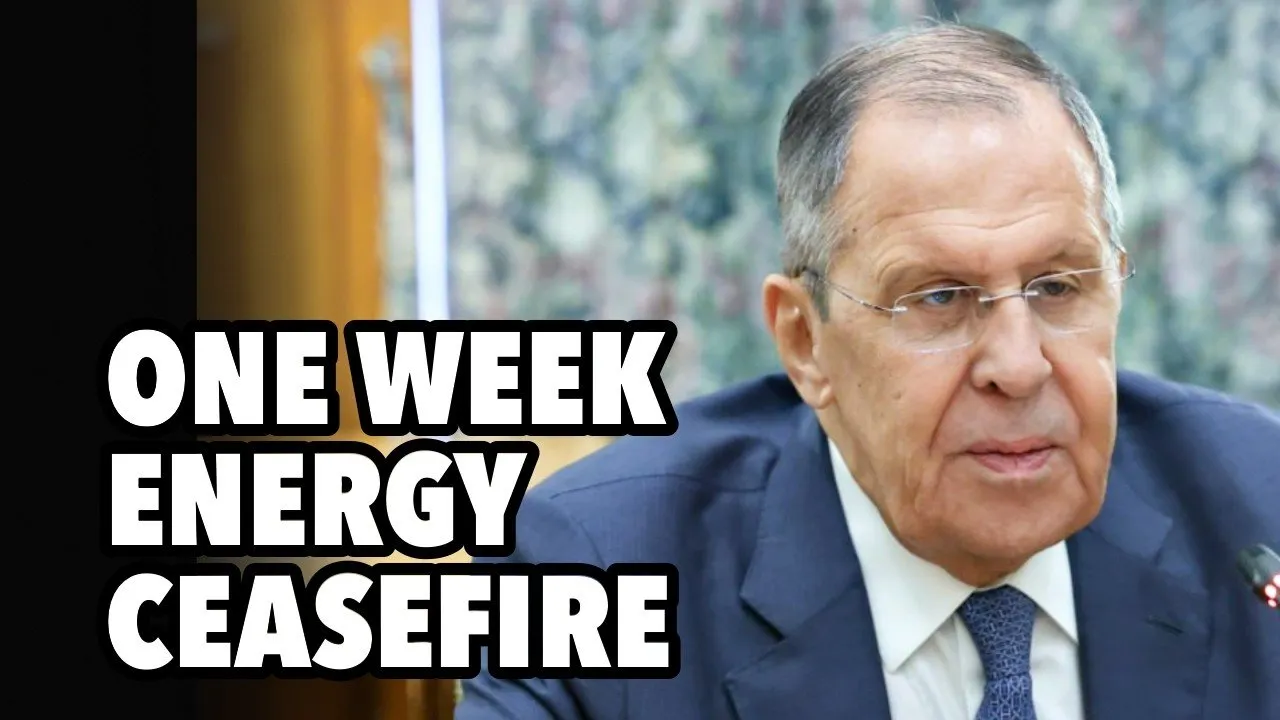Table of Contents
Political economist Pippa Malmgren explores how information overwhelm, algorithmic filtering, and institutional secrecy have created a crisis of sense-making that threatens democratic discourse and shared understanding of reality.
A wide-ranging analysis of why Americans increasingly inhabit separate information universes and struggle to distinguish credible sources from conspiracy theories in an age of unprecedented data flow.
Key Takeaways
- Information volume overload forces humans to process symbols rather than linear text, shifting from rational left-brain to emotional right-brain processing
- Algorithmic "sheepdogs" narrow our information exposure, creating isolated intellectual silos that prevent shared understanding across political divides
- Political polarization stems partly from structural changes: officials' families no longer live in Washington, eliminating personal relationships that once enabled bipartisan cooperation
- The intelligence community's expansion since WWII created a "secrecy state" that operates beyond traditional constitutional oversight, contributing to public distrust
- Narrative collapse follows major traumas (9/11, Iraq War, 2008 crisis, COVID) where official explanations diverge significantly from lived experience
- Alternative theories proliferate in information vacuums, with some containing valid critiques of official narratives while others lack evidential support
- The "Cartesian split" between rational and intuitive thinking handicaps Western societies compared to cultures that maintain holistic approaches to knowledge
- Developing "heartware" - empathy and intellectual humility - becomes essential for navigating competing claims about reality in polarized environments
Timeline Overview
- 00:00–12:15 — Structural Changes in Washington: How rising costs eliminated personal relationships between political families that once enabled bipartisan cooperation
- 12:15–28:47 — Information Overwhelm and Symbol Processing: Marshall McLuhan's insights on how data volume forces transition from linear text to emotional symbol-based thinking
- 28:47–45:23 — Algorithmic Filtering and Narrative Control: How "sheepdog" algorithms create intellectual silos while intelligence community shapes media narratives
- 45:23–62:11 — Simulation Theory and Reality Questions: Exploring how advanced technology challenges fundamental assumptions about physics and consciousness
- 62:11–78:39 — Constitutional Crisis and Deep State: Examining tensions between elected officials and unaccountable intelligence/military establishment
- 78:39–95:27 — UAP Phenomena and Alternative Narratives: How unexplained aerial phenomena illustrate broader challenges in distinguishing credible from incredible claims
- 95:27–END — Developing Heartware and Compassion: Practical approaches for maintaining empathy and intellectual humility amid narrative fragmentation
The Structural Roots of Political Dysfunction
- Washington's political culture transformed fundamentally when inflation-driven housing costs forced elected officials to send families back to home states rather than establishing roots in the capital
- The loss of informal social connections between political families eliminated crucial relationship-building opportunities that previously enabled bipartisan cooperation and deal-making
- Children of politicians no longer attend the same schools or play on the same sports teams, removing emotional connections that humanized political opponents across party lines
- Sunshine laws and Freedom of Information Act requirements, while promoting transparency, paradoxically reduced private conversation opportunities by requiring lawyers present for any substantive discussions
- The introduction of C-SPAN cameras transformed Congress into performative theater where representatives cannot deviate from party messaging without risking donor backlash
- These structural changes created an environment where personal animosity replaced professional courtesy, with some healthcare workers even demanding patients' political affiliations before treatment
The erosion of personal relationships in Washington reflects broader social fragmentation where political identity increasingly determines access to services and social acceptance, creating dangerous precedents for civic life.
Information Overwhelm and the Shift to Symbol-Based Processing
- Marshall McLuhan's insights prove prescient: when information volume exceeds human processing capacity, people abandon linear reading for symbolic compression of complex ideas
- Modern communication increasingly relies on symbols (emoticons, brand logos, media network identities) that trigger emotional rather than rational responses
- The shift from text-based to symbol-based information processing fundamentally alters brain function, moving from left-hemisphere logic to right-hemisphere emotion and intuition
- Leonard Shlain's research suggests historical transitions between word-based and symbol-based cultures consistently coincide with periods of social conflict and warfare
- Contemporary political discourse exemplifies this pattern: asking whether someone watches CNN or Fox News reveals their entire worldview without requiring substantive policy discussion
- Symbols create tribal identification rather than intellectual analysis, making it nearly impossible to present contradictory evidence across ideological boundaries
This cognitive shift helps explain why traditional debate and fact-checking often fail to change minds, as people process information through emotional symbol-recognition rather than logical argument evaluation.
Algorithmic Shepherding and Curated Reality
- Every individual now lives with an invisible "sheepdog" - algorithmic systems designed to provide more content similar to previous consumption patterns
- These algorithms create increasingly narrow "intellectual pens" where exposure to diverse perspectives diminishes over time, reinforcing existing beliefs and interests
- The curation extends beyond personal preference algorithms to institutional media control, where intelligence agencies have historically employed journalists to shape public narratives
- Carl Bernstein's post-Watergate reporting revealed widespread CIA employment of journalists, suggesting news media independence was compromised even during supposedly objective reporting periods
- Platform changes like Twitter/X's shift toward less curated content created "discombobulation" among both audiences and authorities accustomed to controlling information flow
- Breaking algorithmic filtering requires conscious effort to "train the sheepdog" by deliberately seeking information outside comfort zones and established interest patterns
The combination of algorithmic filtering and institutional narrative control creates an environment where shared factual understanding becomes increasingly difficult to establish or maintain.
Trauma, Trust, and Narrative Collapse
- Major societal traumas create openings for narrative reassessment when official explanations fail to match lived experience or later revelations
- The sequence of 9/11, Iraq War WMD claims, 2008 financial crisis, and COVID responses each damaged institutional credibility through apparent contradictions between official claims and subsequent evidence
- Richard Feynman's principle "I would rather have questions I can't answer than answers I can't question" highlights the tension between authority and inquiry in democratic societies
- When questioning official narratives becomes prohibited or stigmatized, public trust erodes and alternative explanations proliferate to fill information gaps
- Historical examples like the Pentagon Papers and Vietnam War demonstrate how classified information often contradicts public statements, validating skepticism about official accounts
- The term "conspiracy theory" itself originated as an intelligence community tool to discourage questioning of official narratives, according to Malmgren's research
This pattern suggests that some level of public skepticism toward authority represents healthy democratic function rather than pathological thinking, though distinguishing legitimate questions from unfounded speculation remains challenging.
The Cartesian Split and Holistic Thinking
- Western societies suffer from René Descartes' artificial separation between mind/soul (church domain) and body/matter (science domain), limiting investigation of phenomena that don't fit materialist frameworks
- Quantum physics discoveries challenge traditional scientific methods by revealing reality operates according to principles that classical physics cannot explain
- Non-Western cultures (Russia, China, India, Africa) never adopted the Cartesian split, allowing more holistic approaches to studying phenomena that don't conform to strict materialist assumptions
- This philosophical limitation may explain why Western societies struggle more with paradigm shifts and why Eastern nations appear to advance faster in certain scientific domains
- Advanced technology requires corresponding spiritual/ethical development to prevent destructive applications, as Peter Thiel notes regarding weapons systems
- Younger generations show greater openness to integrating rational and intuitive approaches, suggesting potential cultural evolution beyond the Cartesian framework
Overcoming the Cartesian split may be necessary for addressing complex challenges that require both analytical rigor and broader perspective integration.
Constitutional Crisis and Unaccountable Power
- The intelligence and military establishment expanded dramatically since WWII, creating institutions that operate beyond traditional constitutional oversight mechanisms
- Even presidents face restrictions on accessing classified information, with intelligence officials claiming authority to determine what elected leaders "need to know"
- Massive budget discrepancies (potentially trillions in unaccounted spending) suggest parallel governance structures operating outside democratic accountability
- The UAP disclosure process reveals how information can be withheld from elected officials while remaining accessible to unelected contractors and intelligence personnel
- This creates a fundamental constitutional crisis where the most powerful elements of government answer neither to Congress nor the Executive Branch
- Trump's promised declassification efforts represent a potential "glasnost" moment similar to Soviet transparency initiatives that ultimately led to systemic transformation
The tension between democratic accountability and national security secrecy has created institutional arrangements that may be incompatible with constitutional governance principles.
UAP Phenomena and Credibility Assessment
- Military personnel with highest security clearances and training (like Navy commander Ryan Graves) report systematic encounters with unidentified aerial phenomena exhibiting impossible flight characteristics
- These reports include interference with military equipment and potential safety risks to personnel, moving the discussion from speculation to documented operational concerns
- Multiple detection methods (visual, radar, infrared, targeting systems) provide corroborating evidence that something unprecedented is occurring
- Traditional scientific institutions resist studying the phenomena due to materialist assumptions about what constitutes legitimate research subjects
- The phenomena appears to involve both physical manifestations and psychological effects on witnesses, challenging conventional understanding of reality
- Government acknowledgment of the phenomena's reality occurred through official channels, though detailed explanations remain classified
While the UAP topic illustrates broader challenges in evaluating extraordinary claims, the military documentation and official acknowledgment distinguish these reports from typical fringe theories.
Developing Heartware for Polarized Times
- "Heartware" represents the emotional and ethical capacity to extend grace and empathy toward people with fundamentally different worldviews
- Cultivating heartware requires deliberately engaging with intellectual opponents to understand their perspectives rather than dismissing them as evil or stupid
- Malmgren's experience attending Extinction Rebellion meetings despite disagreeing with their approach exemplifies productive discomfort-zone exploration
- Advanced technology demands corresponding spiritual elevation, as seen in historical examples where ethical progress followed technological capability
- Listening skills become crucial in information-saturated environments where most people default to "transmit" mode rather than genuine inquiry
- Personal courage becomes necessary for expressing nuanced views that don't align with tribal expectations, risking social or professional consequences
The development of heartware represents both individual character work and collective necessity for maintaining democratic discourse across fundamental disagreements.
Practical Approaches to Narrative Navigation
- Question firm convictions by actively seeking out and engaging with opposing viewpoints to stress-test personal beliefs and assumptions
- Recognize and actively counter algorithmic filtering by deliberately consuming information sources outside established interest patterns
- Practice intellectual humility by starting conversations from curiosity rather than certainty about complex or controversial topics
- Distinguish between legitimate questioning of official narratives and unfounded conspiracy theories by examining evidence quality and logical consistency
- Develop tolerance for uncertainty and ambiguity rather than rushing to embrace alternative explanations that may be equally unfounded
- Maintain empathy for people drawn to alternative narratives, recognizing that institutional credibility failures create genuine reasons for skepticism
These approaches acknowledge both the legitimate concerns driving narrative collapse and the need for responsible evaluation of competing claims about reality.
Conclusion
Pippa Malmgren's analysis reveals how structural changes in politics, technological disruption of information processing, and institutional credibility failures have created a crisis of shared sense-making that threatens democratic governance. The shift from text-based linear thinking to symbol-based emotional processing, combined with algorithmic filtering and historical trauma, has fragmented American society into incompatible reality frameworks. While some alternative narratives contain valid critiques of official accounts, others lack evidentiary support yet flourish in information vacuums created by institutional secrecy. The path forward requires developing both intellectual humility and emotional capacity to engage across profound disagreements, while maintaining commitment to evidence-based evaluation of competing claims about reality.
Practical Implications
- Actively counter algorithmic filtering by seeking diverse information sources and challenging confirmation bias
- Practice engaging with opposing viewpoints to strengthen rather than abandon core beliefs through intellectual stress-testing
- Distinguish between legitimate institutional criticism and unfounded conspiracy theories through careful evidence evaluation
- Develop "heartware" - the emotional capacity to extend empathy toward people with different worldviews
- Recognize that some level of skepticism toward authority represents healthy democratic function rather than pathological thinking
- Build tolerance for uncertainty and ambiguity rather than rushing to embrace alternative explanations
- Support transparency initiatives that balance national security with democratic accountability
- Focus on developing listening skills and intellectual humility in polarized conversation environments
- Understand that technological advancement requires corresponding ethical and spiritual development
- Maintain commitment to both rigorous analysis and openness to paradigm shifts when evidence warrants
America's narrative collapse stems from information overwhelm, algorithmic filtering, institutional secrecy, and traumatic disconnects between official accounts and lived experience. While this creates dangerous polarization and conspiracy thinking, it also opens opportunities for developing more sophisticated approaches to truth-seeking that integrate rational analysis with emotional intelligence and ethical development.

